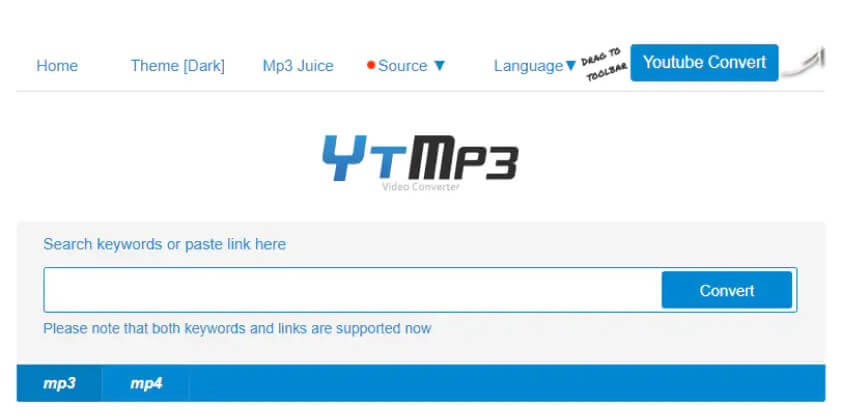Link For Mp3

In an era where streaming services and high-definition audio formats dominate the music landscape, the humble MP3 often finds itself relegated to the sidelines, deemed outdated and inferior. Yet, despite the proliferation of newer technologies, the MP3 remains a steadfast link to our musical past, offering a nostalgic journey through time and a unique listening experience that transcends trends.
Introduced in the early 1990s, the MP3 revolutionized the way we consume music. Its efficient compression algorithm made it possible to store large amounts of audio data in relatively small file sizes, paving the way for the digital music revolution. Suddenly, music lovers could carry thousands of songs in their pockets, ushering in an era of unparalleled convenience and accessibility.
However, as streaming services gained prominence and high-fidelity audio formats emerged, the MP3 fell out of favor among audiophiles. Critics pointed to its lossy compression and perceived inferior sound quality compared to formats like FLAC or WAV. Yet, what the MP3 lacks in technical prowess, it more than makes up for in cultural significance and practicality.
For many, the MP3 is not just a file format but a symbol of an era—a time when discovering new music meant painstakingly downloading tracks from Napster or painstakingly creating mix CDs for friends. It evokes memories of long car rides with a portable MP3 player or late-night study sessions with a carefully curated playlist. In an age where music is often reduced to algorithmic recommendations and curated playlists, the MP3 represents a more personal and intimate connection to our favorite songs.
Moreover, the MP3 remains a practical choice for everyday listening. Its small file size makes it ideal for portable devices with limited storage space, ensuring that music can be enjoyed on the go without worrying about data limits or buffering issues. Additionally, its widespread compatibility means that virtually any device can play MP3 files, from smartphones to vintage MP3 players.
Furthermore, the MP3 has played a crucial role in democratizing music distribution, allowing independent artists to share their work with a global audience without the need for a record label or expensive production costs. Platforms like Bandcamp and SoundCloud continue to rely on the MP3 format as a means of distributing music directly to fans, bypassing traditional gatekeepers and empowering artists to take control of their careers.
Conclusion
The MP3 is more than just a file format; it’s a symbol of innovation, accessibility, and cultural significance. While newer technologies may offer superior sound quality, they cannot replicate the emotional connection and nostalgia associated with the MP3. So, the next time you press play on your favorite MP3 track, take a moment to appreciate the journey that this humble file format has taken us on—a journey filled with musical memories and timeless melodies.



